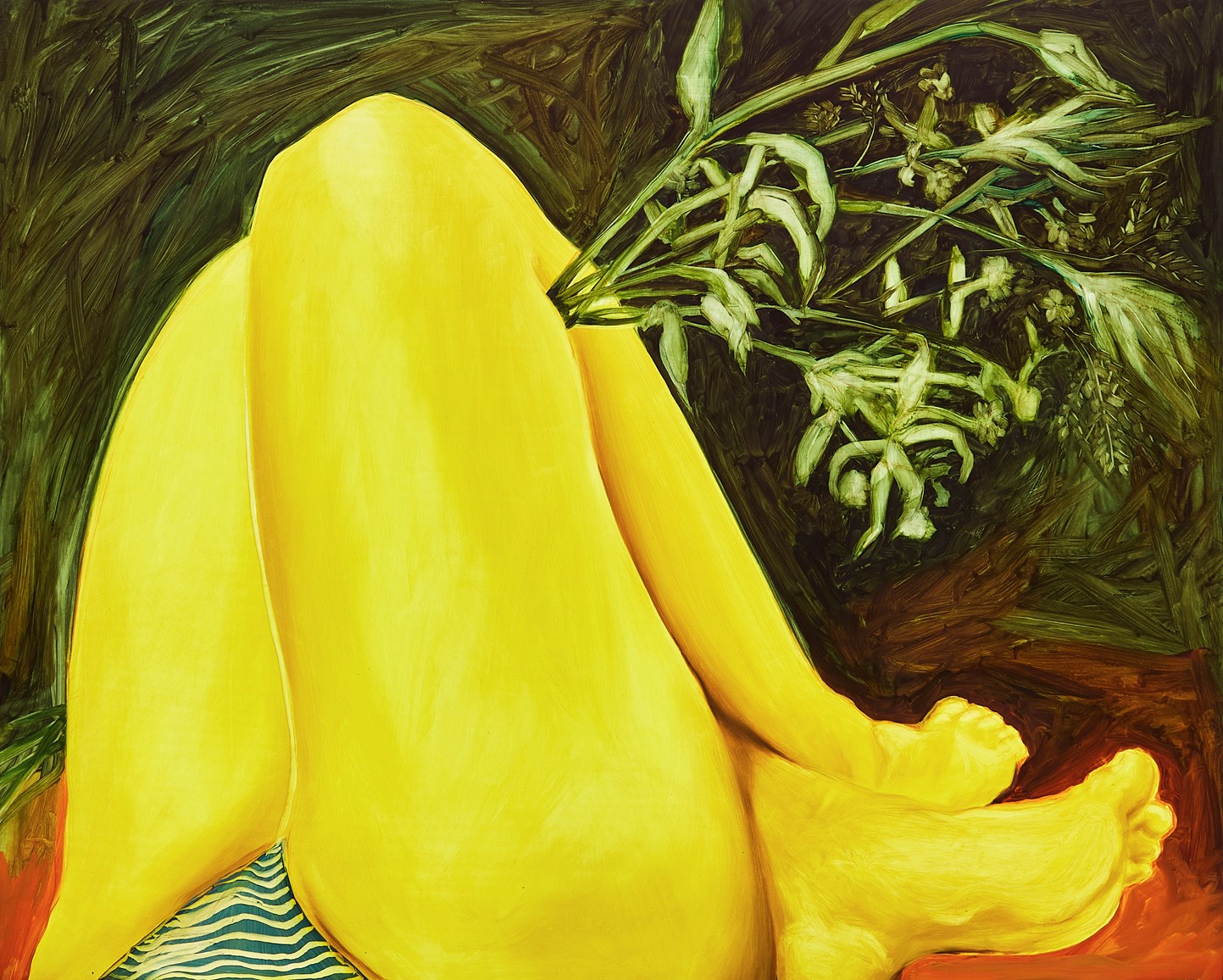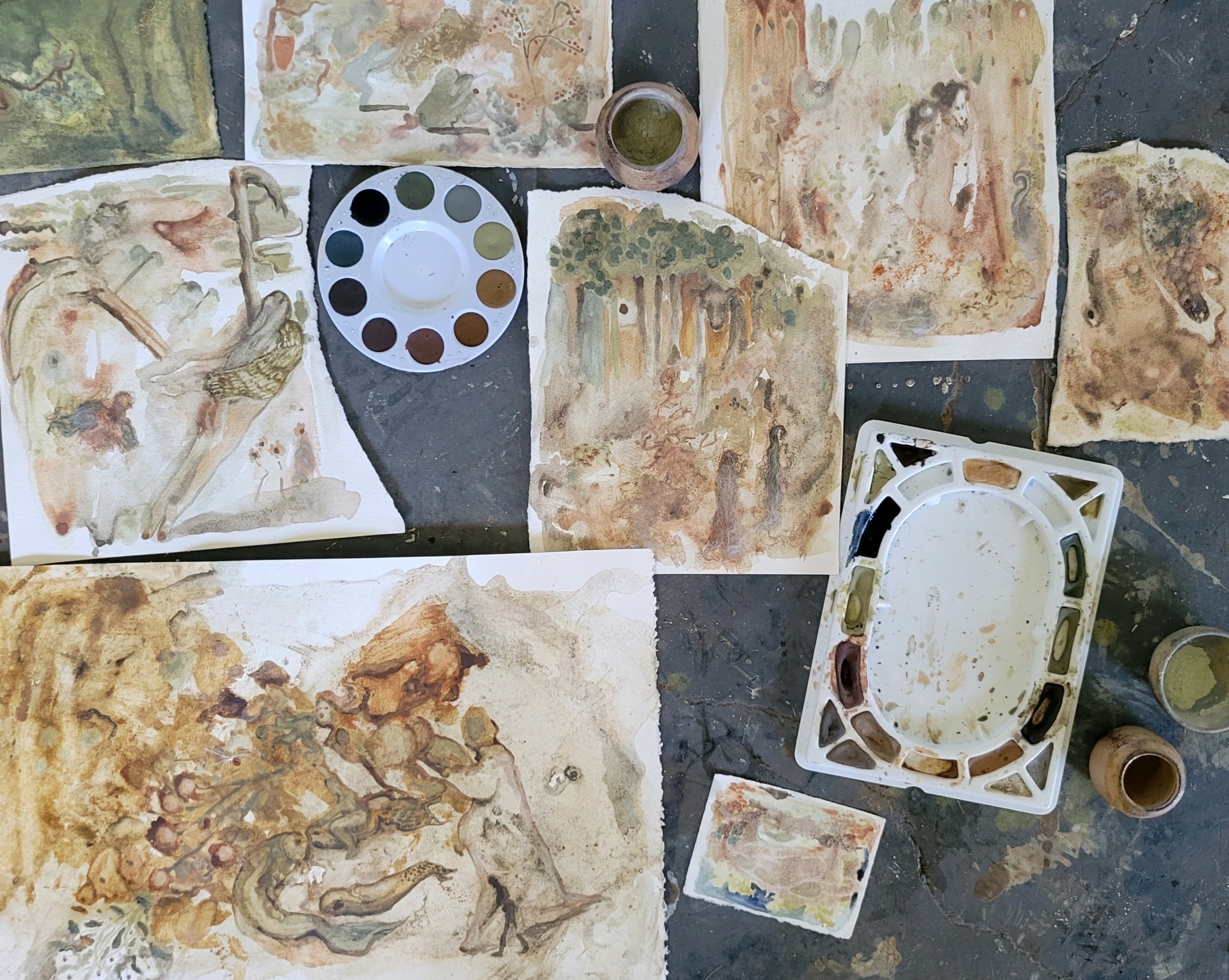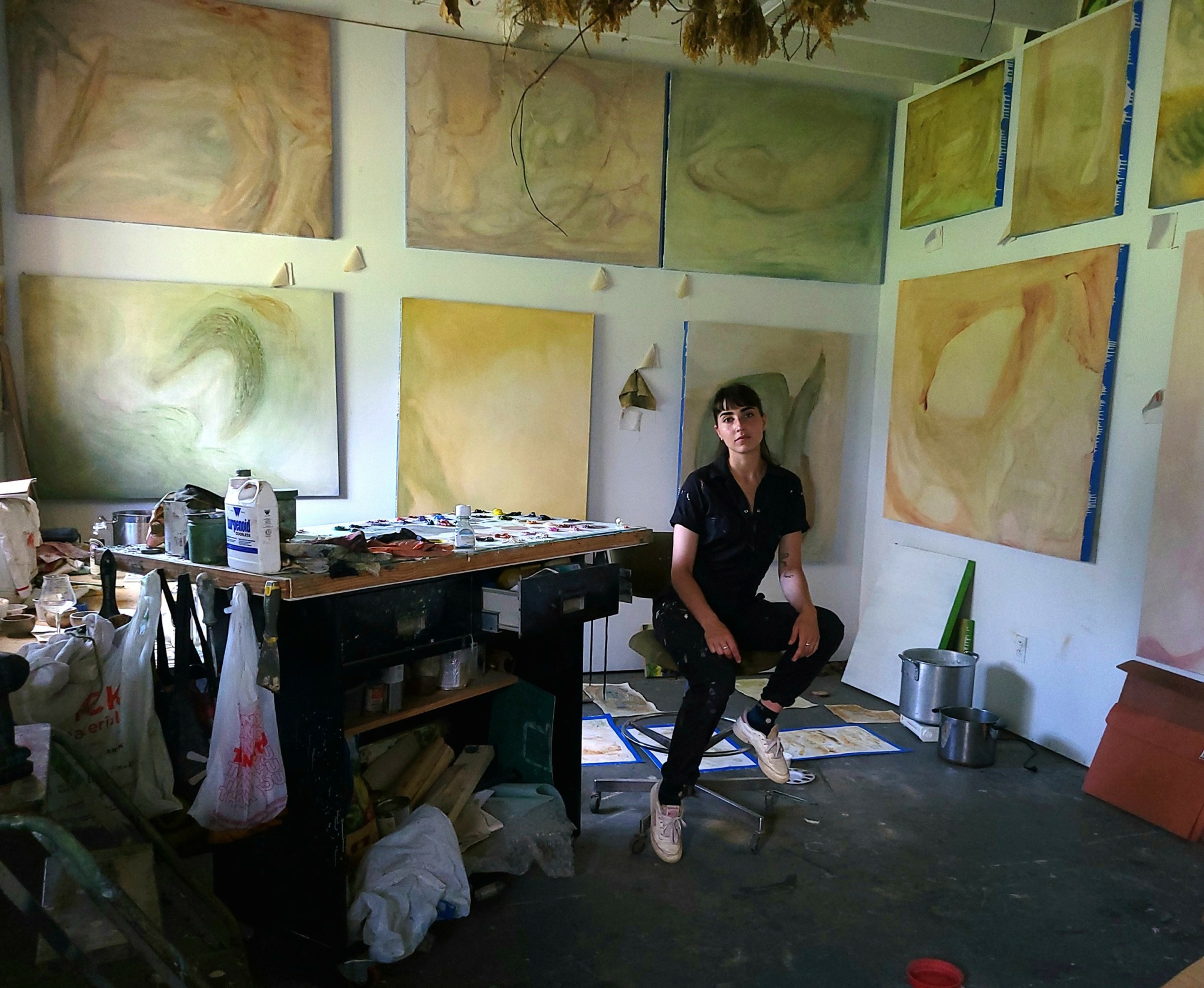We caught up with the brilliant and insightful Sam Rathbun a few weeks ago and have shared our conversation below.
Sam, appreciate you joining us today. What did your parents do right and how has that impacted you in your life and career?
My parents taught me to work hard, think differently, and stay close to the earth.
My dad demonstrates love through labor. He is a farmer and works tirelessly to make sure that his crops are cared for. As a kid, I barely saw him during the planting and harvesting seasons—he’d be out before we woke up and home after we were asleep. But even with that kind of schedule, he found time to care for us too. One Father’s Day, instead of resting, he spent the entire day hauling an old milk house from a neighbor’s property, fixing it up, and turning it into a playhouse for my brother and me. I find his passion for hard work and laborious expression of care a driving force within my own artistic practice.
My mother taught me to question the rules. Raised Catholic, she now walks the woods on holy days and calls it church. She’s a business owner, avid gardener, and artist. Like me, she loves to experiment and play with materials. Our house in spring and summer is filled with drying herbs and fresh bouquets from the gardens she’s tended for over fifty years. She picked up photography when she was 50, encaustic painting when she was 60 and has recently begun felting. She met my dad on his farm, helping milk cows, and even as a young girl, she was drawn to farm life—despite being told her interests weren’t feminine enough. I like to think her rebellion, unconventional humor, and love of plants continuously seep into my own life and practice.
My brother is now taking over the farm and watching him has been its own kind of education. He’s transforming the land into organic acreage, growing heirloom grains, and focusing on soil health with a passion that’s both scientific and spiritual.
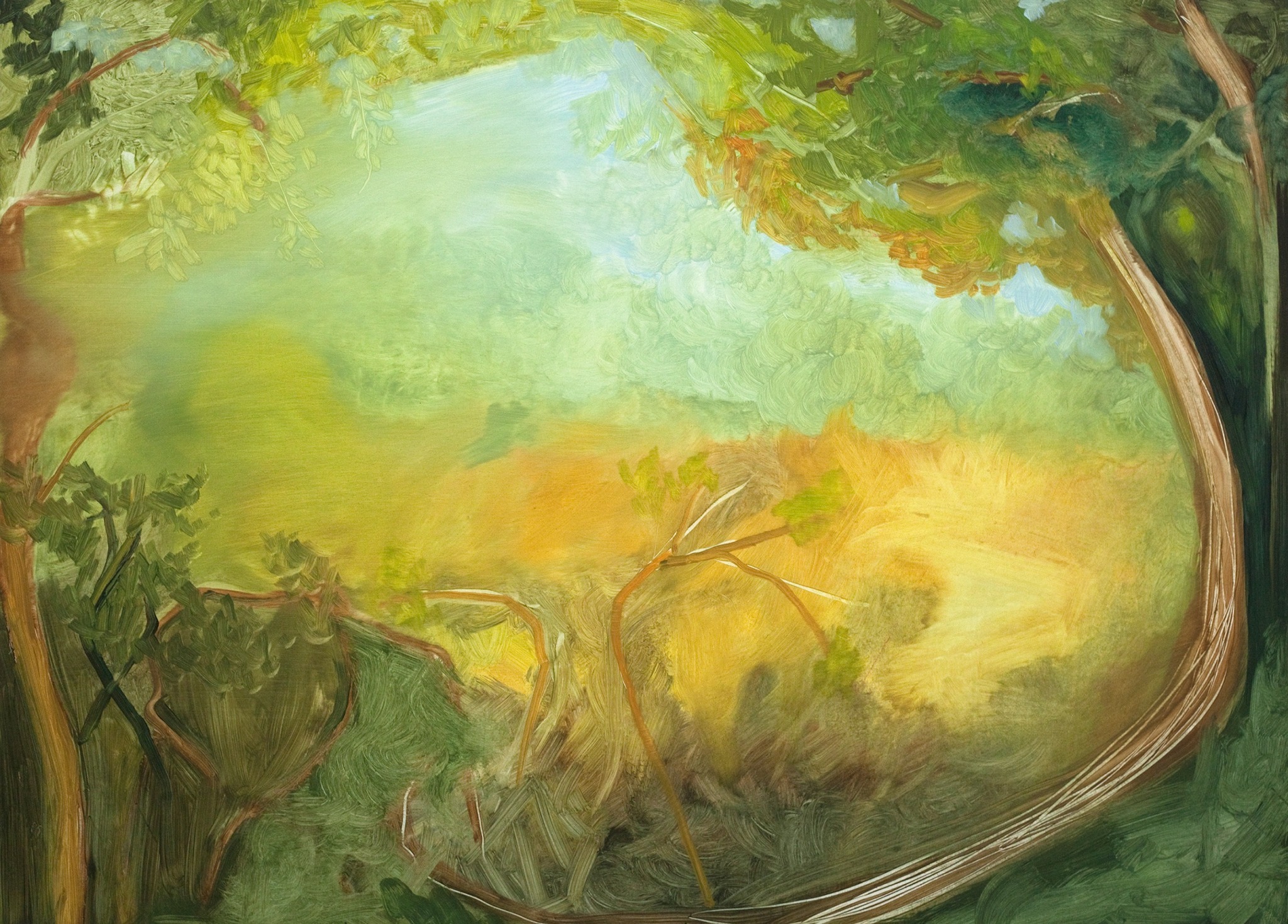
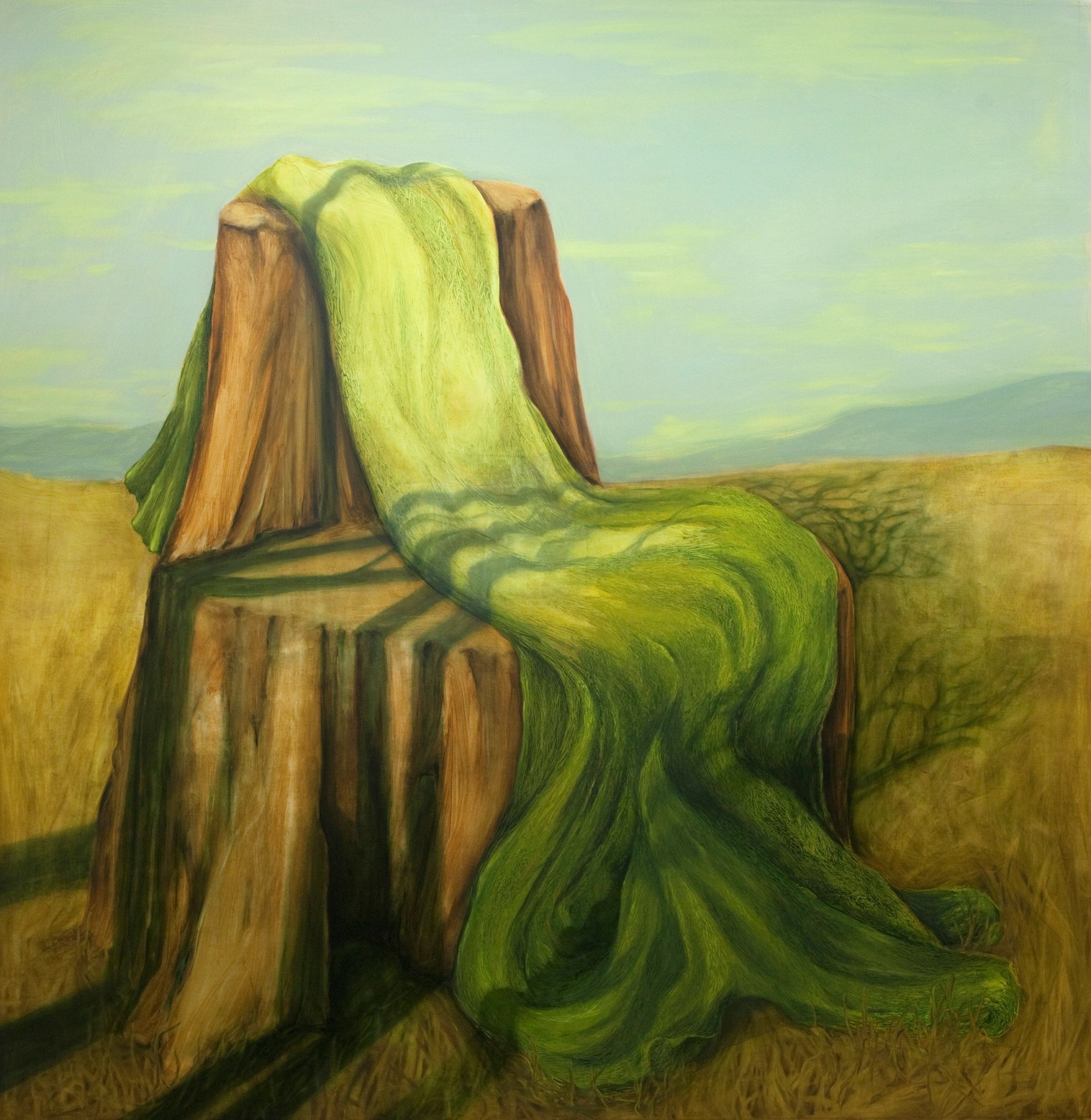
Sam, love having you share your insights with us. Before we ask you more questions, maybe you can take a moment to introduce yourself to our readers who might have missed our earlier conversations?
I grew up on a potato farm in the Finger Lakes region of Upstate New York. Living in a small rural town on a farm where natural rhythms dictate so many aspects of my family’s life has shaped my interests, fears, and artistic vision. I studied at SUNY New Paltz where I received my BFA in drawing and painting and my BS in Art Education. After college I attended several residencies where I began making sculptures out of metal, wood, glass, and found objects. I worked at a residency for several years as a program coordinator and as an independent contractor for Mass MoCA where I helped deinstall and install large sculptural exhibitions. In 2021 I attended UC Davis, where I received my MFA in studio arts and have since moved back to the Finger Lakes. I carved out a beautiful studio here in one of my dad’s warehouses where I work when not teaching art at a local high school.
My work stems from my three main botanical, philosophical, and phenomenological interests. Specifically, I am interested in representing the mix of agrarian, native, and invasive species that compose my local environment; how they can create a version of rural life that decenters the human while still referencing our impact; and how I can use daily observations to open my eyes to the unexplainable. Recently, I have been sourcing natural materials from nearby fields, forests, and gullies. While looking for rocks and plants to use in my paintings and sculptures I am briefly engaged in an ancient game of hide and seek. I use this process of careful observation, appreciation, and research to cultivate a deep kinship with minerals, plants, animals, and landscapes that surround me.
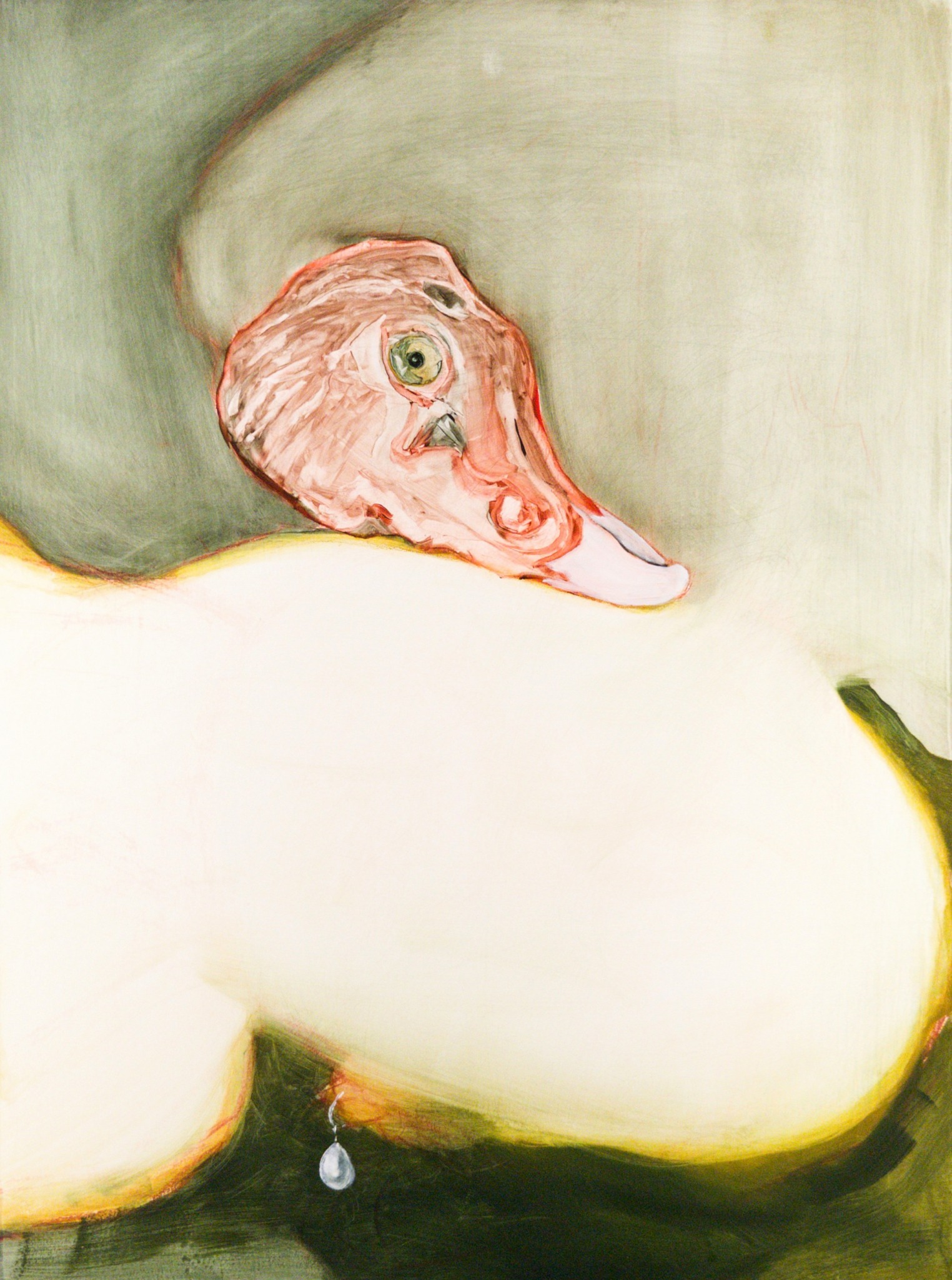

What can society do to ensure an environment that’s helpful to artists and creatives?
I believe that if we grow appreciation for the arts in children and young adults it is the best way to support artists in the future. We need to show students how valuable art is to culture, how it has the power to change perspectives, and how it gives us insight into our own lives. If we can inspire students to look and listen carefully, to decipher how art makes them feel and how it can lead to deeper thinking then we can teach young people how to develop their own taste in art. Perhaps in the future they will invest in artwork not because of monetary value but because it speaks to them.
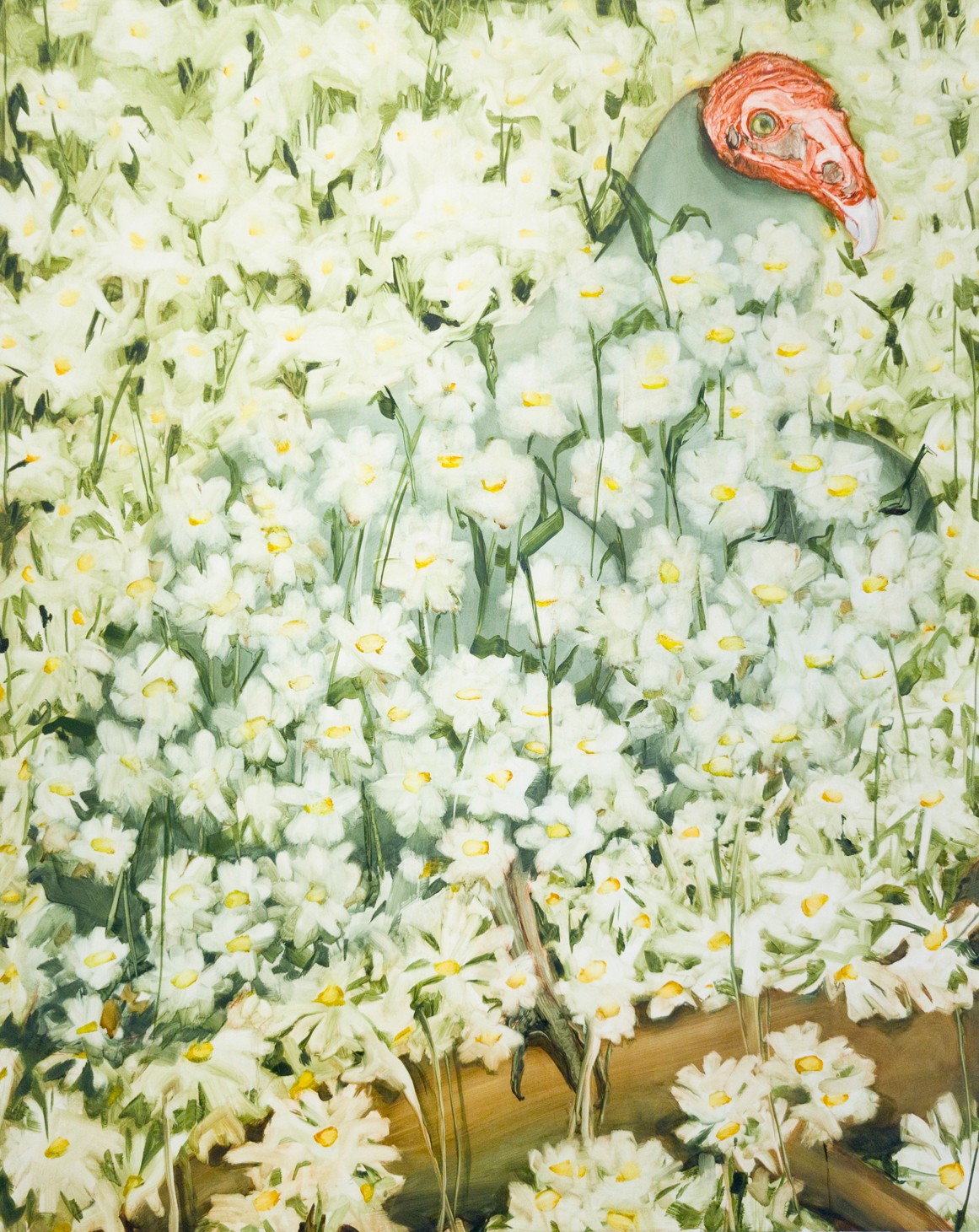
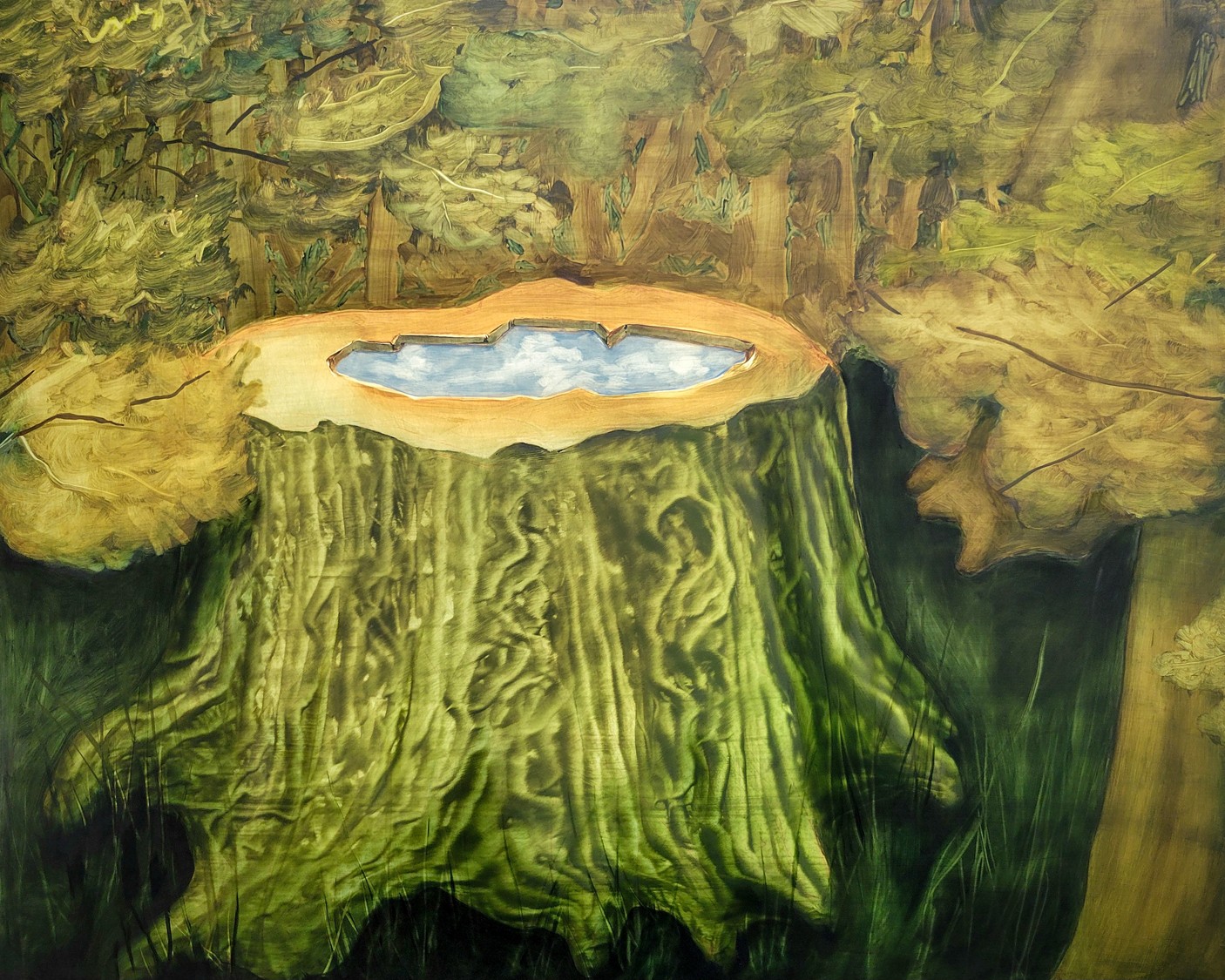
What’s the most rewarding aspect of being a creative in your experience?
One of the main reasons I make art is because I can interact with the unexpected. While so much of our world relies on control and consistency, my studio practice allows me to engage with and dive into the unintended consequences of experimental and intuitive mark-making.
Contact Info:
- Website: https://www.samrathbun.com
- Instagram: https://www.instagram.com/sathbun/
